As an ethical media and intelligence company, we often get asked about what we mean by “Ethical Media.” In this post, we’ll explain the concept, how we measure it, and why it’s valuable to brands.
What is Ethical Media?
At the GoodNet, we define Ethical Media as publishers who produce content that encourages ethical living and operates ethically.
There are two parts to this sentence, both equally important, so let’s explain this a little further.
“produce content that encourages ethical living…”: We firmly believe that the media industry’s biggest opportunity to create a healthy planet is its unique power to influence consumer behavioural change and encourage millions of people to live more sustainable and ethical lifestyles. Publishers who produce content that inspires and educates people to live Greener, Healthier and Fairer lives are playing a crucial role in positively shaping people’s behaviour.
“Operates ethically”: This refers to whether a publisher operates their business in an ethical manner. This encompasses everything from implementing inclusive practices on employment, to transparently reporting their environmental impact, to measuring the carbon emissions of the ads they put on their websites.
For a publisher to be considered ethical media, they must meet both criteria.
For example, if a publisher produces content that promotes health and wellness but conducts business practices that harm the environment more than similar-sized companies, they wouldn’t be considered ethical media. Likewise, a publisher with a low carbon emissions count but content that spreads hate wouldn’t meet the criteria.
To be clear, we’re not just talking about what some might consider “purist” publishers like www.nature.com (which, by the way, is a great site). Ethical Media includes publishers of all shapes and sizes from various categories, such as fashion, lifestyle, news, food, and B2B publications. More on this later.
How do we measure how Ethical a media company is?
While our definition is concise, determining whether a publisher is ethical requires analysing multiple data sources. This encompasses a variety of areas where a range of different publisher types excel.
The Guardian and Immediate Media (whose sites include BBC Good Food) operate their businesses in an ethical manner – independent shows that. While publishers such as Discover Magazine and National Geographic have low carbon emissions per ads delivered. Marie Claire and Mind Body Green are good examples of sites that produce content that encourages people to adopt sustainable habits, while Refinery29 delivers and audience a valuable audience who are interested in living ethical lifestyles.
These are not niche publishers for the die-hard climate activist. They are quality lifestyle and interest sites that promote ethical living in a responsible manner, wherever someone is on their sustainable lifestyle journey.
Why is Ethical Media valuable to brands?
3 reasons…..
1. It is a way to reach a valuable ethical audience:
Advertising on ethical publishers enables brands to connect with an audience that values ethical choices, from opting for eco-friendly cars to sustainable cosmetics, vegan food, and more. For brands in these sectors, this audience is your core customer base, akin to how fashion brands must be on Vogue.com.
2. It provides high quality inventory
There’s a clear correlation between ethical publishers and high-quality ad inventory. Ethical publishers tend to deliver high viewability and attention metrics, low fraud levels, and strong performance results.
3. It enables brands to achieve great campaign results while doing Good
Investing in Ethical Media means that your ad budget has a positive impact on the planet and society. Your campaigns will produce fewer carbon emissions, supporting publishers who drive positive behavioural change. These publishers encourage actions like recycling, caring for one’s health, donating to charity, promoting empathy, championing equal rights, and caring for both people and the planet.
By choosing Ethical Media, brands can connect with an engaged audience, benefit from high-quality inventory, and make a positive impact on the world through their campaigns. It’s a win-win situation for everyone involved.


